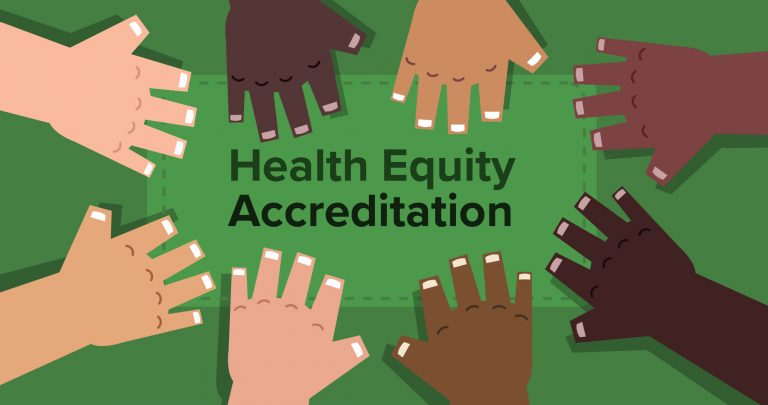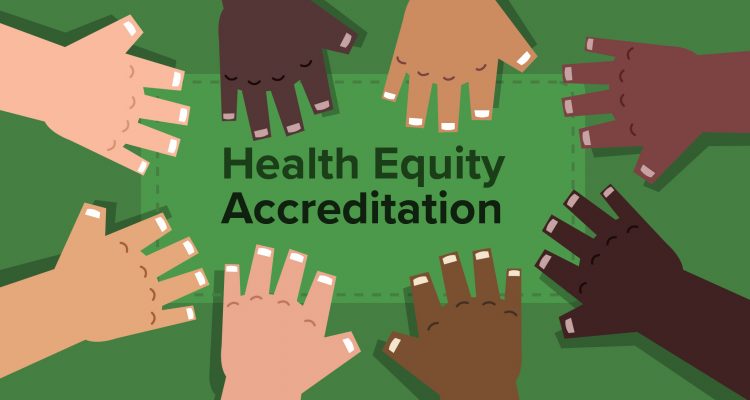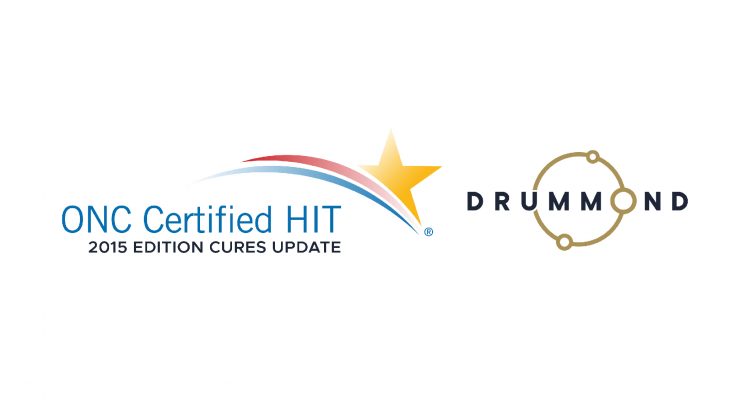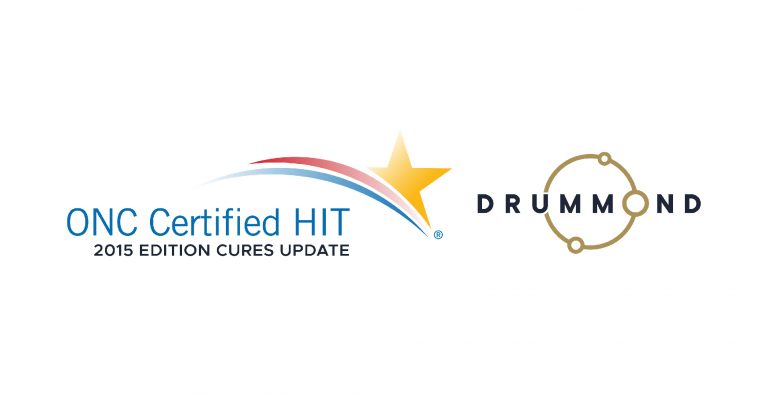How does Cozeva help achieve the NCQA Health Equity Accreditation?

The United States is the only high-income country in the world that does not provide universal healthcare to its citizens. It has a for-profit model that has created huge inequities in access to healthcare. Over decades thousands of preventable deaths have occurred due to rising healthcare costs. This compounded during and after the COVID-19 pandemic, with physicians being overburdened, fatigued, and demoralized by the policies of a profit-seeking healthcare system. (The New York Times Opinion, February 2023)
The National Committee for Quality Assurance (NCQA) through its Health Equity Accreditation Programs, therefore, is giving healthcare organizations an actionable framework for improving health equity. This framework aims to improve health equity across populations, achieve better health conditions in underserved regions, as well as reduce overall treatment cost. Agencies at both the federal and state levels are seeking health organizations that can establish guidelines to identify and address fairness issues, which will eventually eliminate health disparities. The federal and state government agencies are asking healthcare organizations to establish guidelines to identify care gaps in health inequity and address these to close care gaps.
How is NCQA achieving Health Equity?
Health inequity cost in the US is estimated to go up to $1 trillion by 2040 from its current cost of $320 billion – an increase of more than three times leading to a per person cost of $3000 in 2040 from a current per person cost of $1000 (Deloitte Insights, June 2022).
The NCQA Health Equity Accreditation and Health Equity Accreditation Plus are a guide to help health systems, health plans, and other care organizations advance health equity. The programs are very collaborative in nature and require active participation, partnerships, and engagement from across the healthcare industry. It includes industry stakeholders like employees, regulators, caregivers, governments, solution vendors, and community-based organizations. Some businesses are already prioritizing health equity and building trust. Many employers are increasingly contracting with only accredited organizations that are delivering equitable and high-quality healthcare to their employees.
The Health Equity Accreditation focuses on the foundation of health equity work which includes:
- Building an internal culture that supports the organization’s external health equity work.
- Collecting data that helps the organization create and offer language services and provider networks mindful of individuals’ cultural and linguistic needs.
- Identifying opportunities to reduce health inequities and improve care.
For instance, increasing engagement with Spanish-speaking populations; improving no-shows for surgical procedures for Somali women, and improving rates of immunizations for adolescents in the Arab population come under the ambit of Health Equity Accreditation.
The Health Equity Accreditation Plus on the other hand is for organizations further along on their health equity journey. It focuses on:
- Collecting data on community social risk factors and patients’ social needs – this helps the organization offer social resources that can have the most impact
- Establishing mutually beneficial partnerships that support community-based organizations
- Building meaningful opportunities for patient and consumer engagement
- Identifying opportunities to improve social need referral processes and the partnerships that make them possible.
It addresses social determinants of health (SDOH), its needs and assesses its risks. It addresses the non-medical factors that may influence health outcomes and the political, economic, and social norms that may dictate them.
The Quintuple Aim for Healthcare Improvement
Fred Camacho, Vice President, Product Management, NCQA, while addressing Cozeva’s Annual Users Group Meeting in October 2022 highlighted that health equity is an integral part of the Quintuple Aim for healthcare improvement, vision and strategy. The Quintuple Aim is constituted of Health Equity, Lower Costs, Clinician Well-Being, Patient Experience and Population Health. He also mentioned that quality care is equitable care and that equity must be built in all quality programs.
Camacho further said that the following steps are central to developing and implementing health equity policies and standards to achieve the Quintuple Aim.
1. Collecting and monitoring patient quality data
2. Measuring quality by addressing health disparities
3. Designing and deploying improvements and interventions.
Achieving Health Equity through Health Quality Measurement
Beyond the accreditation programs, NCQA (National Committee for Quality Assurance) invests in health equity through HEDIS Quality Measures. The goal is to bring transparency and accountability to health inequities, address social risks to improve health outcomes, and incentivize equity with benchmarks and performance scoring.
HEDIS has stratified the following measures by race/ethnicity in measurement years ) 2022 and 2023.
MY 2022-
- Colorectal Cancer Screening
- Controlling High Blood Pressure
Hemoglobin A1c - Control for Patients with Diabetes
- Prenatal and Postpartum Care
- Child and Adolescent Well Care Visits
My 2023-
- Immunizations for Adolescents
- Asthma Medication Ratio
- Follow-Up After Emergency Department Visit for Substance Use
- Pharmacotherapy for Opioid Use Disorder
- Initiation and Engagement of Substance Use Disorder Treatment
- Well-Child Visits in the First 30 Months of Life
- Breast Cancer Screening
- Adult Immunization Status
How does Cozeva operationalize Health Equity?
Cozeva operationalizes Health Equity through the following ways-
Member Engagement Score
The Member Engagement Score is a proprietary model that works to predict how likely a member is to engage with a provider network in the coming year. The model uses machine learning to predict the probability that the member will have an outpatient encounter (not including Emergency Department visits.) Members more likely to have an out-patient visit are more likely to engage with practices and administrative health outreach teams, making it a convenient way to prioritize patients more likely to come in for an office visit with the opportunity to close care gaps.
Social Determinants of Health (SDoH)
Non-clinical factors have a tremendous influence on health outcomes and these data points can be leveraged for improving community health and well-being. NCQA has provisionally announced new requirements for MY2023 that will start the introduction of race and ethnicity stratification to five HEDIS measures. COZEVA is committed to the long term success of its customers and is excited to announce new and exciting tools to help organizations prepare. More work in the Social Determinants of Health (SDoH) domain is planned in the near future and COZEVA is excited to innovate with its strategic partners in this space.
SDoH Data in Analytics
The ability to leverage Social Determinants of Health (SDoH) data for populations provides organizations insights into gap closure opportunities and other important administrative workflows. Additionally, as NCQA and other regulatory agencies begin to introduce new programs and measures leveraging this data, applying it geographically can supply important insights and reveal actionable campaigns for performance improvement. COZEVA supports publicly available regional census data in Analytics as overlays at the patient level in the GeoMap view.
County-Level Drilldowns in Quality Overview Workbook in Analytics
Administrative users can slice and dice data in Analytics at the population level, as well as at all levels of the organizational hierarchy to analyze performance and build cohorts of patients at the Primary Care Provider (PCP), HMO (Group) and now county levels.
Conclusion
Identifying where the health disparities are and the needs early, having a proactive reach and engagement, building trust through dialogue, and providing personalized interventions lie at the core of NCQA’s mission to achieve Health Equity. The Accreditation programs act as guides for health plans, health systems, and other care organizations to advance the cause.



